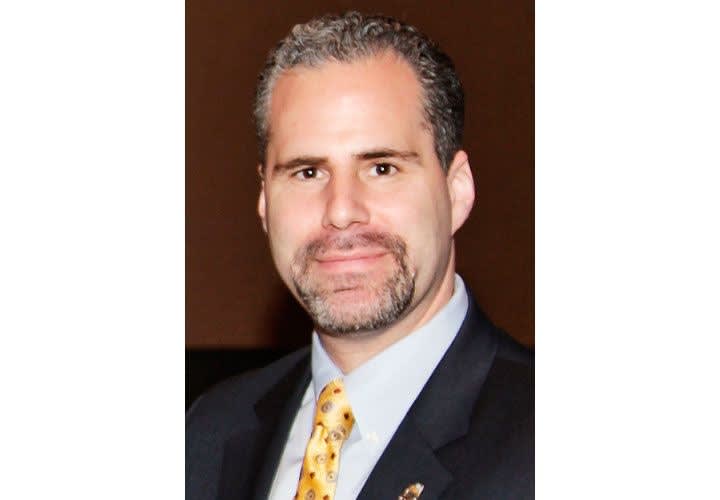In October the Office of Special Counsel (OSC) released a scathing report that alleged widespread abuse of law enforcement premium pay at the Department of Homeland Security. The report drew upon the testimony of seven whistleblowers and cited some examples where federal officers/employees were allegedly claiming premium pay—Administratively Uncontrollable Overtime (AUO)—that they didn't earn. DHS quickly responded that it would conduct a review. This did not appease Congress, and the Senate Homeland Security and Governmental Affairs Committee scheduled a hearing in January to examine the issue.
So as the plot thickened, leadership's knees began to buckle. A day before the Senate hearing, the then acting director of Immigration and Customs Enforcement (ICE) John Sandweg released a message to the field suspending all AUO for headquarters and training personnel.
The Jan. 28 message stated, "Although the internal review is still pending, DHS has taken an initial important step by ordering the suspension of AUO for the following categories of employees" (headquarters and training components). If the "internal review is still pending," then why would the agency suspend up to 25% of an impacted officer's pay?
In response to the ill-advised AUO pay suspension, the Federal Law Enforcement Officers Association (FLEOA) issued a press release in February, objecting to ICE's decision. In its release, FLEOA challenged the credibility of ICE's position as well as the timing of the directive. As I stated in the release, "The work performed by both headquarters personnel and training components is vital to the sustained operations and level of preparedness for DHS. By arbitrarily eliminating their AUO pay, DHS is giving itself two flat tires. Accountability isn't accomplished through the impetuous financial decapitation of law enforcement officers. It's accomplished by a professional examination of existing procedures, an analysis of current workloads and schedules, and a review of best practices by other agencies."
Regarding the timing of the ICE/DHS decision, how did the department somehow have an epiphany a day before the Senate's hearing that they weren't in compliance with the AUO statute? On Feb. 5, acting ICE director Sandweg (who had just stepped down at presstime) issued another message that said the decision was based on "extensive legal research," and "the existing AUO statutes and regulations do not meet (our) current operational needs and do not readily cover all of the mission critical work that (our) officers and agents perform." While this message contends AUO has been suspended due to a legal interpretation of the AUO statute, it makes no mention of any abuses or unwarranted issuance of premium pay. It is important to note that the Office of Special Counsel's report did not question the need for legitimate issuance of AUO, but rather the "abuse" of it.
AUO is codified under Title 5, United States Code sub-section 5545(c)(2), and is further addressed under 5 C.F.R. sub-section 550.151. Under the statute, there is nothing that states law enforcement headquarters and training personnel are ineligible to receive AUO. Clearly, the motivation of ICE/DHS and the timing of this decision is suspect.
I recognize the importance of the findings in the report released by the Office of Special Counsel, and FLEOA doesn't advocate for the indiscriminate issuance of AUO. However, DHS should have implemented better oversight on the AUO process rather than cowering to Congress and eliminating pay from the impacted groups. This is an oversight problem, not a legal one.
One additional area of concern was DHS's failure to engage law enforcement stakeholder groups prior to announcing its rash decision to curtail AUO. In the ICE acting director's AUO message, he alludes to working with "labor relations partners" in the future. Unfortunately, that's as meaningful as offering to buy body armor for officers after you have fatally wounded them.
FLEOA respectfully asked DHS Secretary Jeh Johnson to rescind the suspension of AUO pending the results of a comprehensive review of the relevant factors. DHS headquarters and training personnel are taxpayers, too. Depriving them of one-quarter of their livelihoods without a due diligence review is unjust. I remain ready to work with DHS leadership to resolve this critical issue through a transparent process that is credible in its approach and methodology. We are not going to balance the budget and eliminate the deficit by starving the men and women who defend our homeland.
Jon Adler is the president of the Federal Law Enforcement Officers Association.












